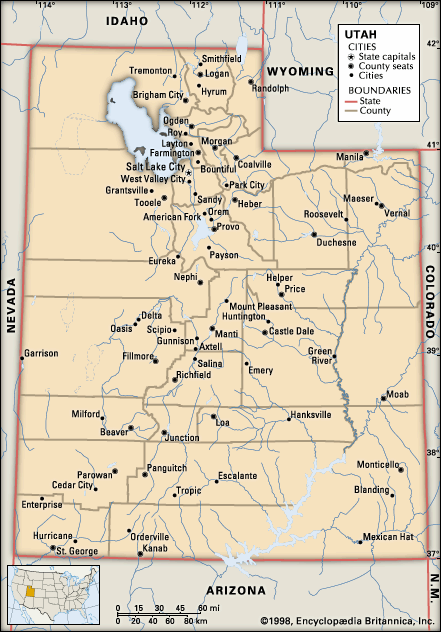 I typically don’t burden you, my reader, with silly matters of “nerd business.” By that, I mean stuff about coding and electronics and how stuff works. In posts regarding technology, I usually try to stick to matters you might actually care about.
I typically don’t burden you, my reader, with silly matters of “nerd business.” By that, I mean stuff about coding and electronics and how stuff works. In posts regarding technology, I usually try to stick to matters you might actually care about.
Well, you will care about this, so listen up.
Some internet privacy action group is now asking the FCC to implement a national “Do Not Track” list, similar to the nation’s “Do Not Call” list. The theory behind it is that they want the internet to remain an anonymous place, and that sites shouldn’t use ‘cookies’ to track your internet browsing behaviors.
At first glance, everyone can get behind this. I mean, we live in a society which is open and free and where you can’t “spy” on each other legally. Americans, above all others, believe and value a right to privacy.
However, let me tell you a little about “cookies” which might change your mind.
Cookies are small files that your internet browser collects when it goes visiting websites. The websites puts information in these cookies so that next time the browser returns to that page, it can remember stuff about it.
Cookies are the little things that are make it possible for you to stay ‘logged in’ to a particular site (like your webmail service, your blog, or your family website) after you’ve closed your browser or navigated away from the page. Cookies also remember information you commonly enter into a website, like your username or email address.
Cookies typically DO NOT track personal information about a person. They usually don’t know your name, your email, your credit card number, etc. Furthermore, websites can ONLY set cookies it’s own name (I can’t set a cookie that will pretend to be from gmail), and sites can’t mine the other cookies for information.
Below is the content of a typical cookie. This one is from the Hotmail service and has the filename jss@hotmail.msn.txt (.txt is the standard filename extension for text files):
HMP1 1 hotmail.msn.com/ 0 1715191808
32107852 1236821008 29449527 *
The code will only make sense to Microsoft’s MSN Hotmail servers.
For more information on cookies, visit http://aboutcookies.org
Now that i’ve described now innocuous most cookies are, and how everyone needs to get their panties out of a wad about having a few on their computer, let me tell you why this is FCC stuff is really a bunch of nonsense.
1. The internet doesn’t need to be any more anonymous. And the anonymity of the internet is really a myth anyway. Everyone gets their internet service from some service provider, and service providers track their subscribers. Anyone with a valid subpoena can find out what you’ve been doing online. Sorry.
2. I LIKE targeted advertisements! I want my computer to know exactly who I am and anticipate what I want. I hate seeing ads I don’t want to see. Having ad companies (like google) know a little bit about my location, sites I visit, or recent items I’ve been looking for allows them to show me ads I really might actually click on.
Imagine… Happily married couples will stop hearing about singles websites. Healthy individuals will stop having to see drug commercials. Pop music lovers won’t have to listen to rap or hip hop music ads. And most importantly, niche markets and products actually get a chance of reaching each their target audience. Yes. In my mind, a targeted advertising world is a much happier world for me.
3. There are MILLIONS of web developers around the world (like me) developing websites who might utilize a cookie every now and again. Now these sites will have to ‘check in’ with some underpowered, underfunded national database registry (trust me, the gov’t won’t be running server farms like google) for EVERY visitor and find out if they are in the database. This will totally slow down the internet, ruin the user experience on your site, and drive up development costs. Many programmers don’t really even have the know-how to implement such checks.
Users already have a “do not track” mechanism… go into your browser options, disable cookies, and crank up your security. I had NO control over my published phone number, thus necessitating the Do Not Call list. Internet users, on the other hand, have INFINITE control over their PCs and Security settings.
Too much regulation! Soon they’ll be regulating the regulation.
 Foreword:Next week, Utah voters will cast their ballot on a referendum for a School Voucher Program. Basically, the law (in this incarnation) provides a graduated tax credit for low and middle income families who choose to send their children to private schools. The scale is based on combined parental income and number of children in the household.
Foreword:Next week, Utah voters will cast their ballot on a referendum for a School Voucher Program. Basically, the law (in this incarnation) provides a graduated tax credit for low and middle income families who choose to send their children to private schools. The scale is based on combined parental income and number of children in the household. I typically don’t burden you, my reader, with silly matters of “nerd business.” By that, I mean stuff about coding and electronics and how stuff works. In posts regarding technology, I usually try to stick to matters you might actually care about.
I typically don’t burden you, my reader, with silly matters of “nerd business.” By that, I mean stuff about coding and electronics and how stuff works. In posts regarding technology, I usually try to stick to matters you might actually care about.